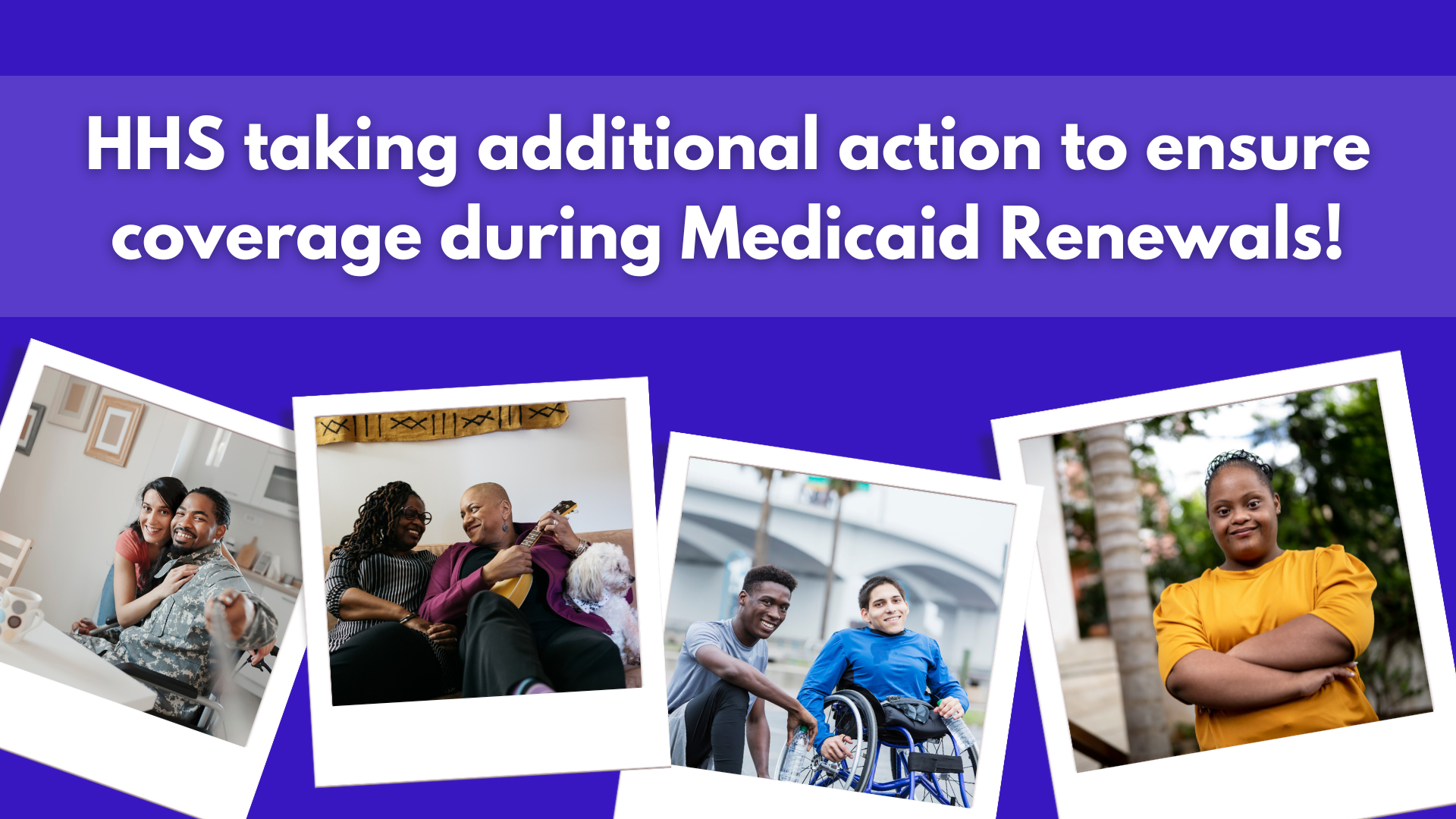HHS TAKING ADDITIONAL ACTION IN COVERAGE DURING MEDICAID RENEWALS
The Department of Health and Human Services (HHS) will be taking additional action in aiding people to remain covered during the current Medicaid and the Children’s Health Insurance Program (CHIP). Guidance and resources include tools for states on federal renewal requirements, completion of signatures for enrollees, and how partners can help families navigate state Medicaid fair-hearing processes.
The Biden Administration is aiming to streamline the enrollment process for Medicaid and CHIP. Some Medicaid provisions include requiring states to provide all individuals with at least 15 days to provide any additional information when applying for the first time, not allowing states to conduct renewals more frequently than 12 months, and prohibiting in-person interviews for people with disabilities.
The Administration is also implementing protection for consumers from low-quality coverage in limiting “junk” health plans, also known as short-term, limited-duration insurance (STLDI) plans. These plans are not subject to the ACA’s consumer protections, such as protecting from discrimination on health status and pre-existing conditions.
More information on STLDI plans can be found through the Center for Medicare and Medicaid Services’ (CMS) factsheet, released by HHS. This factsheet discusses final rules on these plans and amendments placed in July 2023. These amendments would promote consumer coverage and help improve access to healthcare coverage.
As of March 26, states have reported renewal outcomes for more than half of those enrolled in Medicaid/CHIP, according to data from the Kaiser Family Foundation (KFF) with 34.3 million renewals still remaining. 20% of those who completed the renewal process were disenrolled and 40.6 million enrollees were able to qualify for renewed coverage. The large range of disenrollment rates in each state varies, with the highest of 57% being in Utah and the lowest of 12% in Maine. Out of all states with available data, 70% of all those disenrolled were due to procedural reasons.
Many health policy platforms have been covering the record enrollment from Open Enrollment. The National Academy for State Health Policy noted key takeaways, such as continuing access to coverage, a growth in enrollment for state-based Marketplace plans, coordination of these plans with state Medicaid agencies, and the use of enhanced premium tax credits.
Child enrollment in the Marketplace has increased by almost 40% since Open Enrollment but still does not address overall child enrollment from those who were uninsured from Medicaid. According to Georgetown University’s Center for Children and Families (CCF), solutions include greater outreach efforts and quick re-enrollment for children.
CCF also covered call center data during the end of the continuous coverage provision. Overall notes from this data note that data does not include all calls received by call centers or after business hours and only includes calls that were transferred to a live agent.
The Administration for Community Living announced the release of the National Institute on Disability, Independent Living, and Rehabilitation Research (NIDILRR) Toolkit. The importance of NIDILRR’s toolkit is to educate stakeholders to help with research and development, capacity building, and knowledge translation in improving the abilities of people with disabilities.
Today is the last day to submit an abstract for the American Public Health Association’s 2024 Annual Meeting and Expo! APHA’s Disability section invites abstract submissions for socio-behavioral including health education, health systems, health law and policy, and social justice research related to disability and public health that represent people with all types of disabilities across the lifespan. Abstracts dedicated to all aspects of disability and public health will be considered!
Archives of our weekly updates are available on the NDNRC website.

